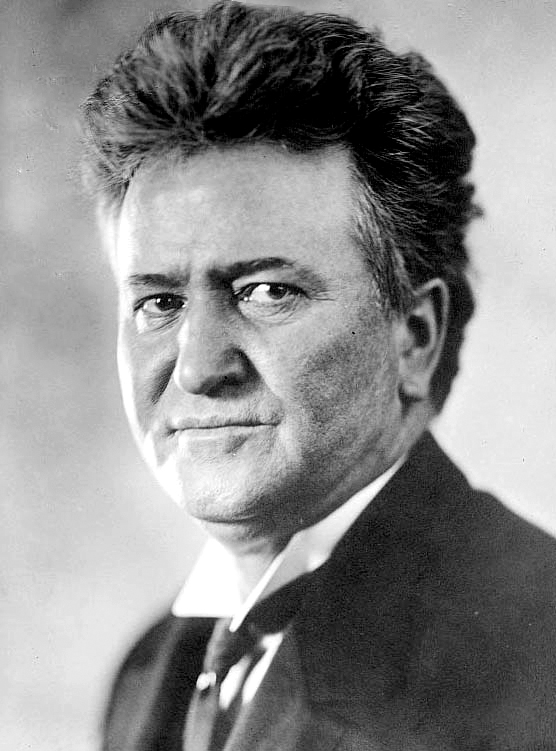Authors:
Historic Era: Era 8: The Great Depression and World War II (1929-1945)
Historic Theme:
Subject:
Winter 2020 | Volume 64, Issue 1


Authors:
Historic Era: Era 8: The Great Depression and World War II (1929-1945)
Historic Theme:
Subject:
Winter 2020 | Volume 64, Issue 1

I remember when I first became an admirer of Robert M. La Follette, Sr. I was fifteen years old and deep in Walter Millis’s Road to War, a chronicle of how the United States got involved in the First World War. I was strongly influenced by antiwar novels, memoirs, movies, and plays like A Farewell to Arms, All Quiet on the Western Front, and many others. I thought that the war itself was a cruel and meaningless slaughter and America’s entry a tragedy. (I haven’t changed my mind about that.)
Anger and sadness swept over me when I came to the climax of the book, the rainy April night in 1917 when Woodrow Wilson read his war message to a joint session of Congress amid applause and cheers so furious that even the president later expressed surprise.
But one senator, Robert La Follette of Wisconsin, did not join the hysteria. He listened in stony silence, arms folded on his chest, chewing gum—an immovable rock in the raging current. That was “Fightin' Bob,” a hero if ever I had met one in the pages of a history book.
He seemed to me to belong to a time long gone. Like all youngsters, I made little distinction between things that happened five or fifty or five hundred years before I was born. I’m not sure that I even knew at the time that although La Follette was dead, one of his two sons, Robert, Jr., was in the United States Senate and the other, Philip, was governor of Wisconsin, thereby creating a one-of-a-kind brother act in American politics. Both were still young men, younger than my father.
I’m certain that I did not know that “Old Bob,” my invincible war resister, had run as an independent presidential candidate in 1924 and gotten just under five million votes out of some twenty-nine million cast. One voter in six had gone for him, and that was relatively recent history. It might as well have been an official secret for all our schoolbooks had to say about it, and I had not encountered the 1924 election in any of my outside reading on current events. America’s capacity to forget losers is legendary.
Not for another ten years did La Follette re-enter my awareness and then in a big way. In 1947, as a graduate student in United States history, I learned that he was one of the stars of the Progressive movement that swept the nation in the opening years of the twentieth century. In 1891, a seemingly faithful Republican, he had suddenly discovered that Wisconsin